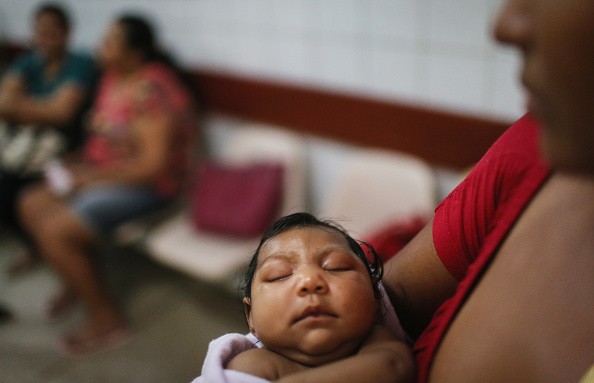
The Zika virus is not considered an entirely threatening disease. The infection has been well documented since the 1950s and outbreaks have been known to occur in areas near the equator. The mosquito borne disease usually only have mild symptoms which includes a rash, joint pain, headaches and fever.
However, the Zika virus was recently shot into the spotlight when an uncanny correlation between the spread of the infection and the rise of birth defects has been charted in Brazil. As of late 2015, over 1.5 million people have suffered from the Zika virus. In turn, instances of children born with the birth defect microcephaly increased from less than 500 to more than 3,500.
Scientists were quick to explain that a definite link between the two maladies has yet to be proven. Thankfully, the Brazilian government has asked the countries researchers to study the effects of Zika on pregnant women.
So far scientists have proven that the Zika virus can permeate the placenta. They are speculating that the virus' ability to reach the baby is the reason for birth defects.
"It can infect the baby, and it's likely the reason why these fetuses were stillborn or had congenital malformations. That is what we know up to this point" explained Dr. Albert Ko from Yale University.
Dr. Ko has since warned that should the study prove the relationship of the Zika virus to birth defects, incidence of microcephaly and other similar maladies would rise as well. He posits that there is a need to do research on microcephaly as well in order to better deal with the upcoming surge of birth defect cases.
""We have to start settling down and think about how we're going to take care of these kids. We have no idea how big it's going to get" explained Dr. Ko.



